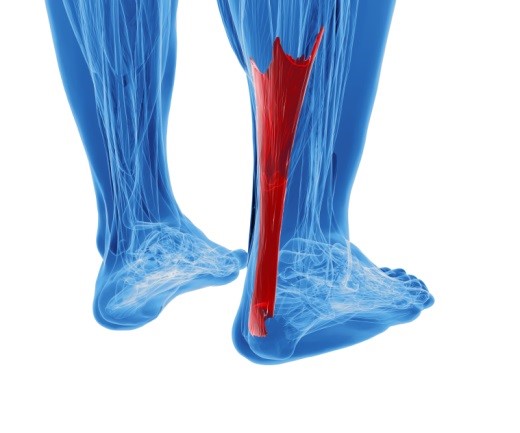 Achilles tendonitis is one of the most stubborn Achilles tendon injuries to treat. Many runners are prone to developing the condition, which has the habit of returning. To manage Achilles tendonitis, it is important to keep several things in mind. If you are a runner who is experiencing pain that is forcing you to change your normal gait, do not run. Other exercises, such as biking or strength training, are a good alternative until your condition clears. It is also important to ensure that your muscles are thoroughly stretched before and after runs.
Achilles tendonitis is one of the most stubborn Achilles tendon injuries to treat. Many runners are prone to developing the condition, which has the habit of returning. To manage Achilles tendonitis, it is important to keep several things in mind. If you are a runner who is experiencing pain that is forcing you to change your normal gait, do not run. Other exercises, such as biking or strength training, are a good alternative until your condition clears. It is also important to ensure that your muscles are thoroughly stretched before and after runs.
Achilles tendon injuries need immediate attention to avoid future complications. For more information about treatment, consult with Dr. Michael E. Newman of Pennsylvania. Our doctor will attend to all of your podiatric needs.
What is the Achilles Tendon?
The Achilles tendon is a tendon that connects the lower leg muscles and calf to the heel bone of the foot. It is the strongest tendon in the human body and is essential for making movement possible. Because this tendon is such an integral part of the body, any injuries to it can cause severe difficulties and should immediately be presented to a doctor.
What are the symptoms of an Achilles Tendon Injury?
There are various types of injuries that can affect the Achilles tendon. The two most common are Achilles tendinitis and ruptures of the tendon.
Achilles Tendinitis Symptoms
- Inflammation
- Dull to Severe Pain
- Increased blood flow to the tendon
- Thickening of the tendon
Rupture Symptoms
- Extreme pain and swelling in the foot
- Snapping sensation
- Total immobility
Treatment and Prevention
Achilles tendon injuries are diagnosed by a thorough physical evaluation, which can include an MRI. Treatment involves rest, physical therapy, and in some cases, surgery. However, various preventative measures can be taken to avoid these injuries, such as:
- Thorough stretching of the tendon before and after exercise
- Strengthening exercises like calf raises, squats, leg curls, leg extensions, leg raises, lunges, and leg presses
If unable to immediately see your podiatrist, remember to Rest, Ice, Compress, and Elevate until then.
If you have any questions please feel free to contact our offices located in Plymouth Meeting and Ambler, PA. We offer the newest diagnostic tools and technology to treat your foot and ankle needs.
